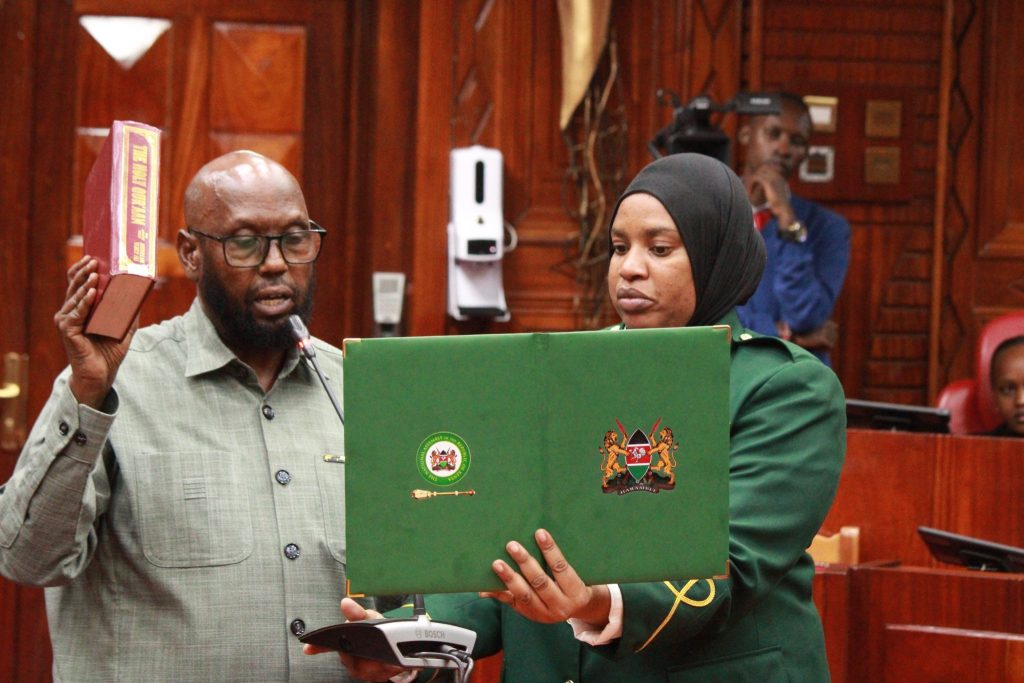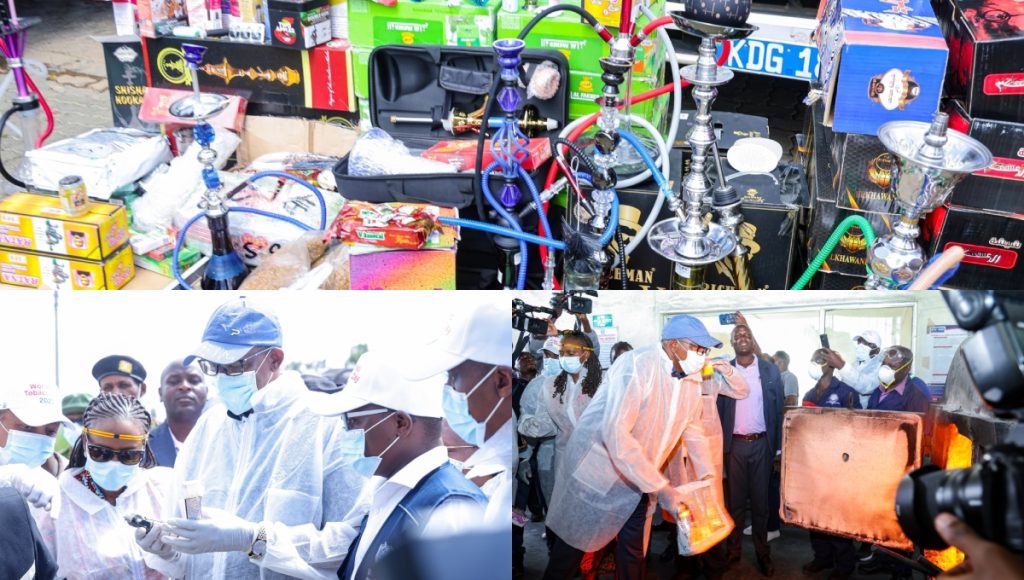The government, through the Ministry of Agriculture and Livestock Development, has launched a major initiative to purchase over 5,000 metric tonnes of locally grown rice from farmers under the Mwea Irrigation Scheme. The move, that is set to coast the government approximately Ksh 500 million, aims to cushion over 8,500 rice farmers in Kirinyaga and surrounding counties from the adverse effects of rice importation.
This decision was made following a high-level meeting held on May 29 at the Mwea Rice Growers Multipurpose Cooperative Society offices. Attendees included officials from the Agriculture and Food Authority (AFA), Kenya National Trading Corporation KNTCC, and representatives of the farmers’ cooperative.
Under the plan, the KNTC will buy the entire stock from the Cooperative and ensure full payment is made within one month of delivery, a significant improvement from previous years, when delayed payments disrupted farmers’ cash flow and operations.
The intervention follows rising concerns among farmers who had urged the government to temporarily halt rice imports to allow local stock to be sold. While acknowledging Kenya’s national rice deficit, Agriculture CS Mutahi Kagwe emphasized the importance of prioritizing local production.
According to AFA Director General Dr. Bruno Linyiru, Kenya produced 191,000 metric tonnes of milled rice in the 2024/25 season, against a national monthly requirement of 100,000 metric tonnes. He noted that only 94,000 metric tonnes have been imported since January 2025, reinforcing the need for balanced importation to bridge the supply gap.
Going forward, the Ministry and AFA will spearhead efforts to reduce rice imports by 50%. Strategies include expanding irrigation schemes, increasing acreage under rice cultivation, introducing high-yield varieties, and promoting upland rice farming to boost production and food security.
Meanwhile, the Cooperative leadership raised concern over unethical practices by some retailers repackaging imported rice as local brands. AFA has vowed to work with the Kenya Bureau of Standards (KEBS) to crack down on such deceptive practices.
Farmers expressed gratitude to the government for key infrastructure investments like the Thiba Dam, which now enables them to harvest three rice crops per year, significantly boosting output.
The Ministry reaffirmed its commitment to supporting Kenyan farmers and strengthening local agricultural value chains as part of the broader national food security strategy.









